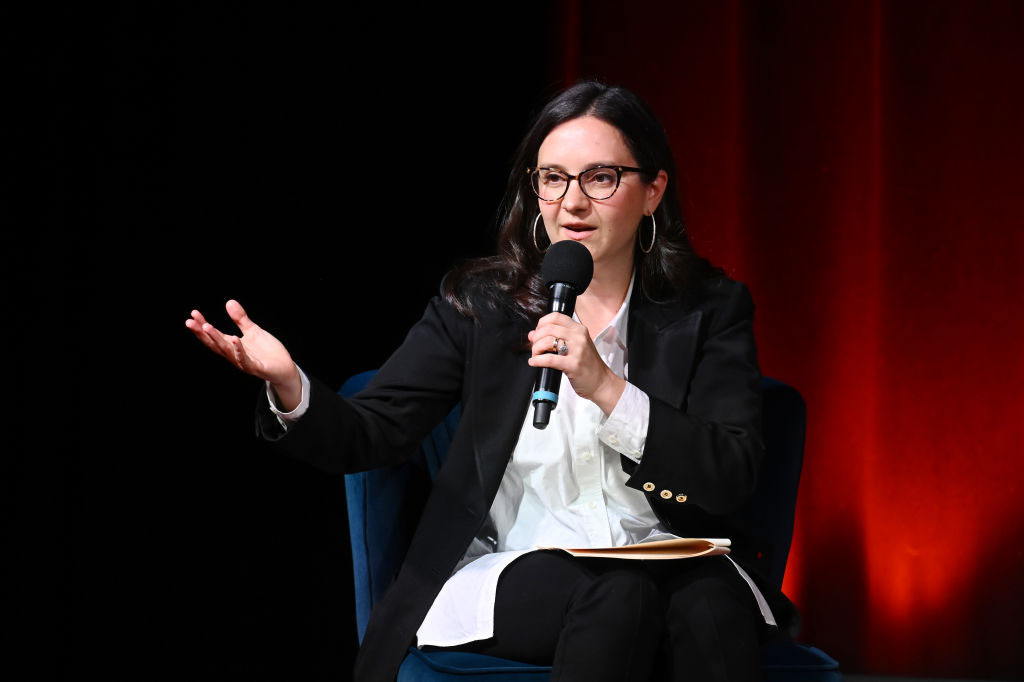One of the recent low points in mainstream journalism occurred in 2024 when Tony Dokoupil, a host on “CBS Mornings,” asked a few tough questions to Ta-Nehisi Coates about his new book, “The Message,” which was highly critical of Israel.
Among the questions, Dokoupil asked why Coates left out of his book the crucial context that “Israel is surrounded by countries that want to eliminate it.” Dokoupil was asking a tough question to an author who specializes in them.
For many people at CBS, though, he went too far. It didn’t take long for a mini uproar to erupt, with The New York Times reporting that “CBS Rebukes Anchor Over Tense Interview With Ta-Nehisi Coates,” evidently because the interview had “fallen short of network editorial standards.”
Meanwhile, no one dared ask the obvious question: Had the interviewer asked tough questions to conservative author Ben Shapiro, is there any doubt that the number of complaints at CBS would have added up to zero?
That is one thing, then, you’re not likely to see from new CBS editor-in-chief Bari Weiss: Complaining about tough questions, regardless of which party it may hurt or help. It’s telling that one even needs to bring that up as a point of praise.
Another thing we’re not likely to see under Weiss is selective editing of interviews, as we saw with the infamous “60 Minutes” interview with Kamala Harris. It turns out that in the official airing of the interview, the editors cut out the beginning of an answer that made Harris look totally incoherent, showing only the second half of the answer that made her look better.
Again, what are the odds that the same editors would have cut out the embarrassing section had the interviewee been a Republican? Do we even need to answer that?
I’m sure if you ask mainstream journalists and editors if their Democratic party bias influences their reporting, they would spit out their mimosas in shock that anyone would dare question their objectivity.
But before they virtue signal their outrage, they might ask themselves why trust in media has hit an all-time low, with just 28% expressing a “great deal” or “fair amount” of trust in the latest Gallup poll. When Gallup began measuring trust in media in the 1970s, between 68% and 72% of Americans expressed confidence.
I have no doubt there are more than a few mainstream journalists who make a genuine effort not to let their political bias influence their work.
But I also have no doubt that our cultural pillars—from the media to academia and Hollywood—have been captured by one political party, and it’s not Republicans. The shameful failure to cover President Biden’s mental decline during his term is only one in a long list of bias-driven failures.
I see a similar bias among many in the Jewish world. Voting Democrat is like membership to a club. They can hate some policies, but they will always vote with the team. Who wants to risk getting dirty looks at the country club if word gets out that you’ve now gone to the dark side?
From what I’ve seen of Weiss’s track record, she doesn’t mind going to any side that holds the straight facts. It’s ironic that this more bipartisan approach would bring us back half a century to the days when CBS news anchor Walter Cronkite was the most trusted man in America.
Unlike her peers in the mainstream media, Weiss will carry water not for a political party but for the search for truth. No wonder some of them are freaking out.
Weiss will disrupt an elitist media world that has been spoiled for so long with the smugness of groupthink. By challenging that groupthink with more viewpoint diversity and objective reporting, how could she not?
There is one group, however, that will happily disrupted: viewers and readers who value the search for truth.




